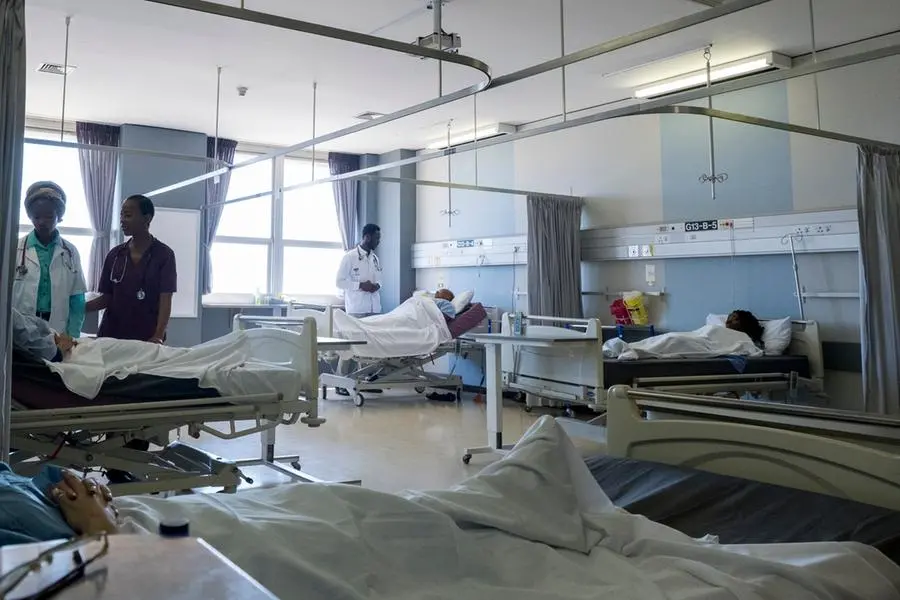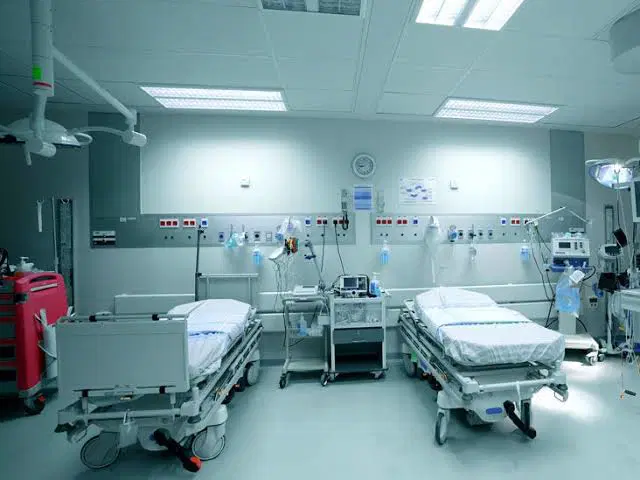The Nigerian government has approved a disbursement of N12.9 billion to four major health agencies in a move to enhance healthcare services across the nation. The funding will support the National Health Insurance Authority (NHIA), the National Primary Healthcare Development Agency (NPHCDA), the Nigeria Centre for Disease Control and Prevention (NCDC), and the National Emergency Medical Service and Ambulance System (NEMSAS) under the Basic Health Care Provision Fund (BHCPF) for Q4 2024.
The approval came during the eighth meeting of the Ministerial Oversight Committee (MOC) of the BHCPF, held in Abuja. The committee is tasked with overseeing fund distribution to ensure transparency and effective use.
In a statement, the MOC confirmed that the funds would be disbursed in accordance with the BHCPF guidelines and ongoing health sector reforms aimed at improving operational efficiency and governance.

The committee announced the adoption of the updated BHCPF 2.0 guidelines and accountability framework, designed to drive strategic improvements and boost sector performance as Nigeria works towards achieving its health and development targets.
A subcommittee, including representatives from State Social Health Insurance Agencies, the World Health Organization (WHO), and other stakeholders, was formed to address delays in disbursement. This group is expected to present its findings within two weeks.
Prof. Muhammad Pate, the Coordinating Minister of Health and Social Welfare, expressed optimism about the impact of the approved funds, noting that they would significantly enhance services across the four agencies, leading to improved health outcomes.
The minister also highlighted the success of the Vulnerable Groups Fund, which has enrolled 2.4 million additional vulnerable Nigerians in healthcare schemes over the past year, moving closer to universal health coverage.
Prof. Pate also emphasised the government’s efforts to train healthcare workers, revealing that 40,000 have already been trained under a presidential initiative aimed at expanding the workforce to 120,000 permanent health professionals nationwide.
However, he acknowledged that the pace of progress varies across states. While some states, such as Anambra, are advancing in health reforms, others lag behind. He called for greater cooperation between federal and state governments, as well as with other stakeholders, to ensure widespread accessibility to healthcare services.
Prof. Pate further urged the newly formed subcommittee to address the delays in fund disbursement efficiently and within the stipulated timeframe.
The approval of the N12.9 billion is a crucial step towards advancing healthcare reforms in Nigeria. It is expected to bolster the capacity of the NHIA, NPHCDA, NCDC, and NEMSAS, ensuring they can deliver essential health services effectively, particularly to vulnerable populations.
The MOC reaffirmed its commitment to transparency and accountability in fund distribution, aiming for sustainable improvements in healthcare delivery.


